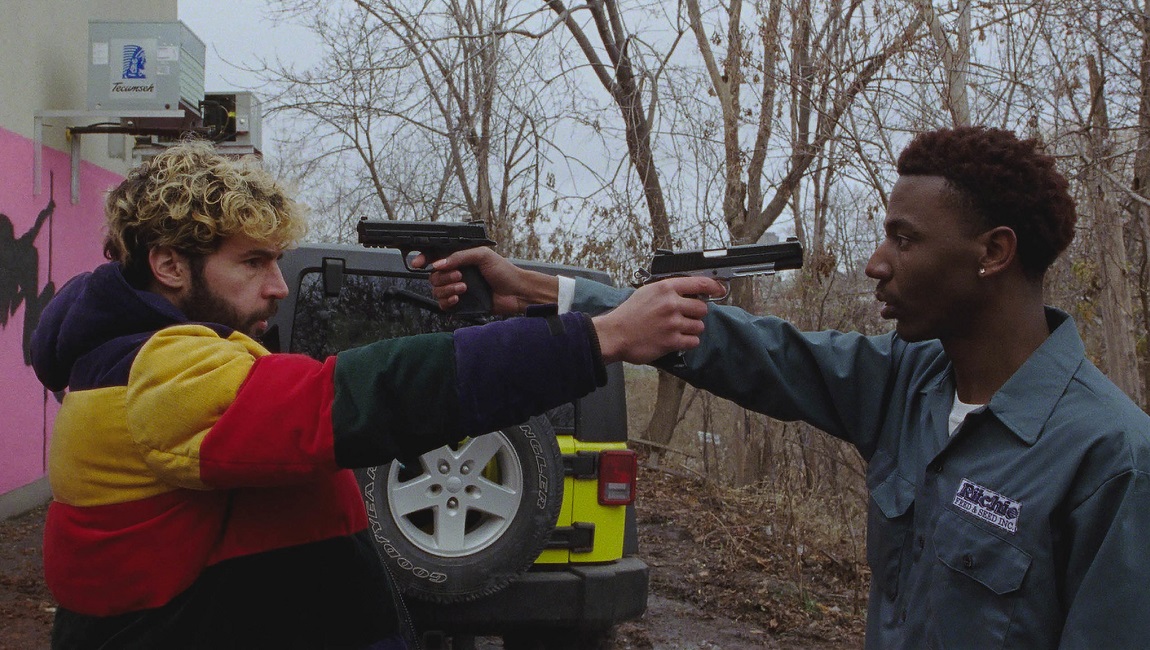JUMBO manages to imbue its tricky material with sensitivity but at the expensive of teasing out much of its considerable potential.
It’s not often that object sexuality (or, OS for the sake of brevity) is discussed outside the confines of lurid reality television, and as such, Zoé Wittock’s debut feature Jumbo represents somewhat unfamiliar territory. For one thing, significant studies on OS weren’t conducted until about 10 years ago (it has been theorized that OS is, in fact, a sort of “neosexuality”), and while it has been assessed to be a legitimate phenomenon and sexual identity, there isn’t a whole lot more that is known (in large part because it manifests in a pretty miniscule portion of the population). As such, Jumbo, which details a real life romance between a young woman and an amusement park ride, finds itself in a spot that is at once privileged and challenging; a premise that can be explored in countless interesting ways, but comes with the real responsibility of sensitive depiction.
To her credit, Wittock is very aware of the balance this movie must maintain, but unfortunately, the balancing act eats up much of Jumbo’s focus, resulting in a film that is tasteful and well-intentioned…but not a lot else. This isn’t to say that there aren’t standout moments in Jumbo — the title character/theme park ride is shot and framed with an appropriate reverence that at times manages to cast the unwieldy machine as a natural descendant of King Kong. There’s also an oil-based sex scene that conceives of this woman/machine coupling in a striking, Under the Skin-esque fashion. But while such scenes stand out independently, they fit next to each other rather awkwardly, and in this specific scene, the old Hollywood romanticism of the former clashes against the more contemporary, abstracted lustiness of the latter. In turn, the film eventually settles into what you might call a social justice drama that finds the human protagonist fighting against family and status quo culture (and a creepy boss) in the hopes that her unconventional relationship will be respected. Noémie Merlant (in her first role since Portrait of a Lady on Fire) does good work in the lead role of Jeanne, maintaining a withdrawn, considerate approach, but the script opts to avoid much probing of her character, limiting where and how far she is able to go with it. This was probably the responsible choice by both director and performer, but the script’s attention is too divided and does little to otherwise elevate the material, resulting in a film that is overwhelmed by its own possibility.
Originally published as part of Fantasia Fest 2020 — Dispatch 5.
Published as part of Nightstream 2020 — Dispatch 1.







